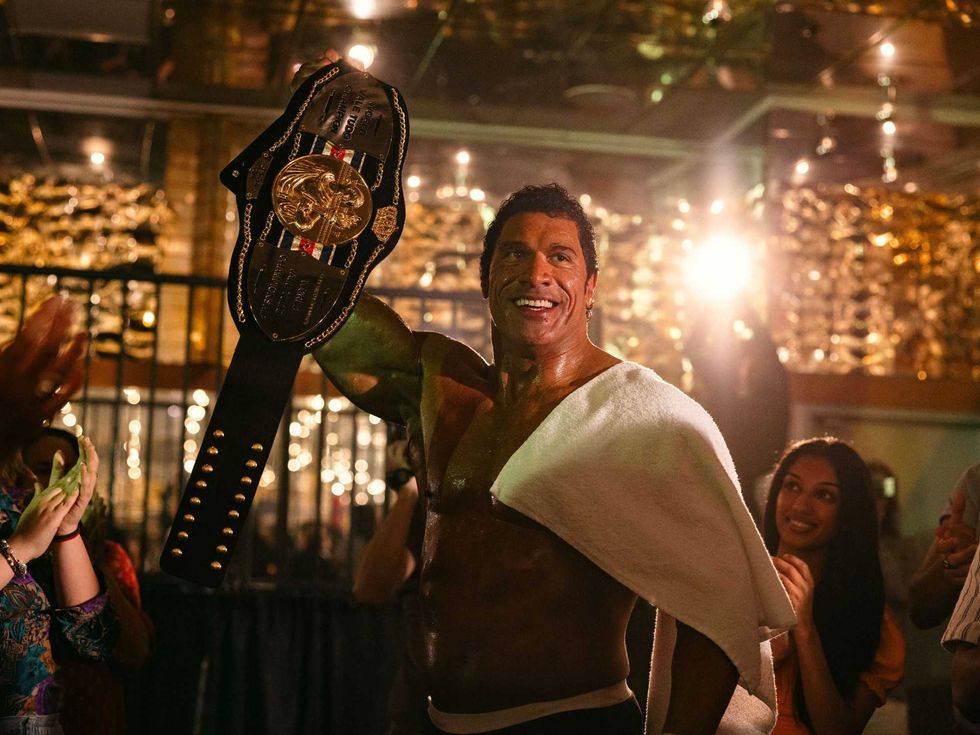Poor Paul
It's not easy being psychic: Germans develop appetite for octopus after WorldCup loss
 Paul the Psychic Octopus learned it's not easy being clairvoyant.
Paul the Psychic Octopus learned it's not easy being clairvoyant. Paella with pulpo: one of many German ideas for Paul's future.
Paella with pulpo: one of many German ideas for Paul's future.
When it comes to blaming World Cup losses on those not playing the game, hating an octopus is ever-so-slightly more insane than blaming the girlfriends.
But apparently the German national team must be single, because German fans are now calling for the head — and eight arms — of Pulpo Paul, the octopus with an uncanny record for predicting soccer winners.
According to Reuters, when Germany lost to Spain 1-0, an outcome that followed Paul's prediction, "German newspapers and websites were filled with suggestions of what to do with Paul — most involved cooking and eating him." Some commentators suggested Paul's fame might have created doubt for the more suspicious players. When Paul predicted Argentina's loss, those fans also suggested the cephalopod would be better in paella.
I guess no one has ever told the Germans not to grill the messenger.
Paul still has friends in certain places though, like Spain.
"I am concerned for the octopus ... I am thinking of sending him a protective team," joked Spain's Prime Minister Jose Luis Rodriguez Zapatero on Radio Cadena Ser. And Spanish chef José Andres has taken octopus off the menu at his Washington, D.C.-area eateries until further notice in honor of Paul.
Despite the recipes being thrown about, Paul's keepers at the Sea Life Aquarium in Oberhausen say Paul won't be dinner any time soon. He will predict the third-place match between Germany and Uruguay and the championship bout between the Netherlands and Spain.
That is, unless Hitler gets his way.











